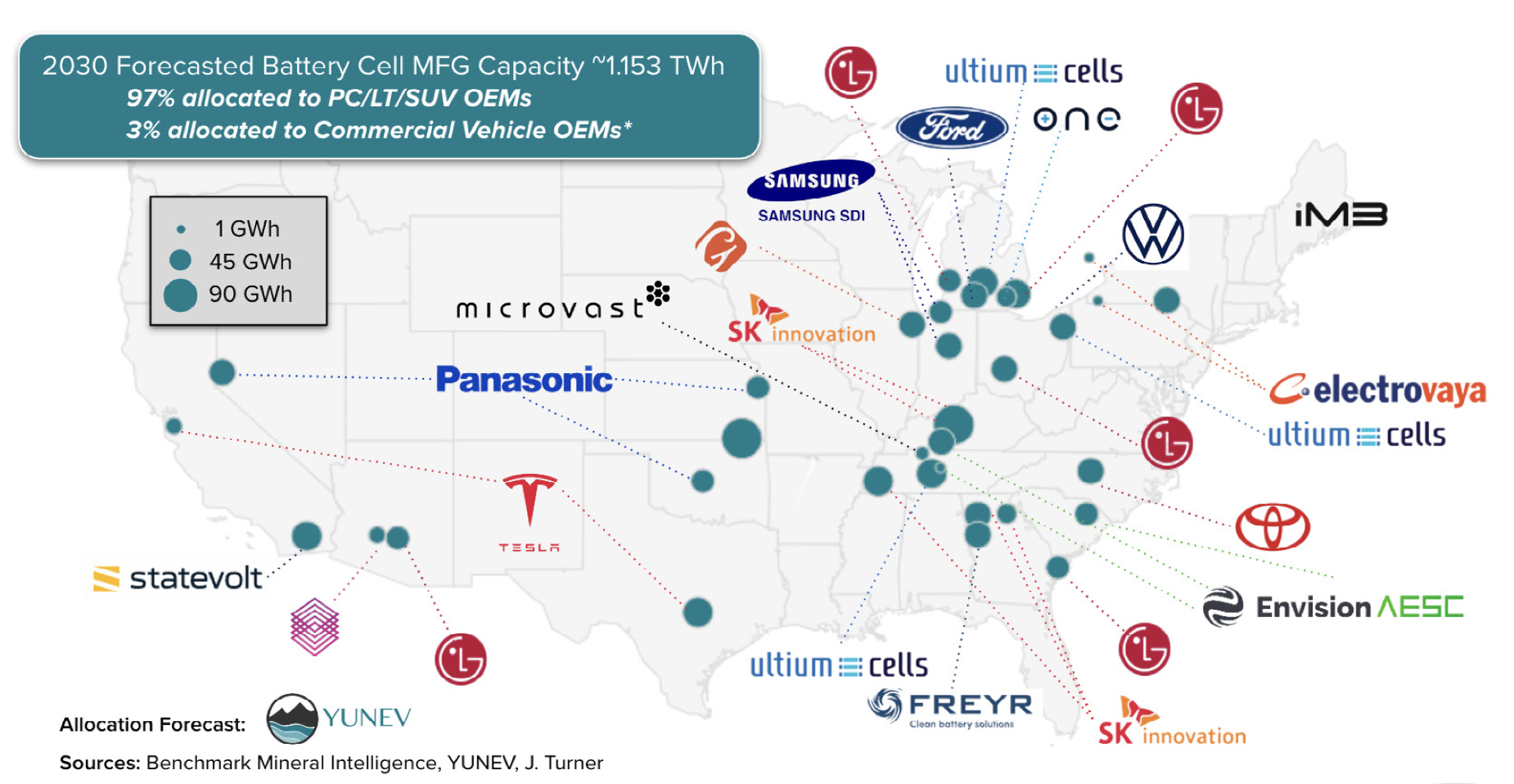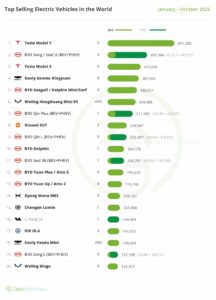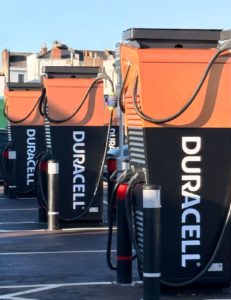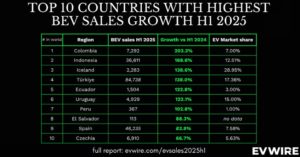rnrn rnrnRecent data indicates a promising trend in the deployment of ZETs, with more than 17,500 units already in operation across the country. This surge is largely attributed to the cargo van segment, which represents a substantial portion of ZET deployments. The shift towards electric trucks is partly driven by incentives and regulations, including the Advanced Clean Trucks (ACT) regulation and other state-level initiatives.
However, one of the major challenges in this transition is the cost and availability of batteries, which are essential components of electric trucks. The battery alone constitutes approximately 70 percent of the overall vehicle cost. Despite a significant reduction in lithium-ion battery pack prices – nearly 90 percent over the last 15 years – the commercial vehicle sector still faces higher prices due to lower production volumes and market fragmentation.
Recognising the importance of battery supply in this transition, several key developments have been made in the U.S. battery production sector. Notably, significant investments are being channelled into commercial vehicle-focused battery manufacturing. In a recent example, a joint venture involving major industry players such as Accelera by Cummins, Daimler Truck, and PACCAR was announced, with plans to invest up to $3 billion for a 21 gigawatt-hour factory.
Furthermore, the U.S. government is actively supporting these efforts through initiatives like the Advanced Manufacturing Production Credit (45X) under the IRA, which offers substantial subsidies for domestic battery manufacturing. This is expected to not only bolster battery production but also create thousands of jobs, particularly in the emerging “Battery Belt.”rnrnIn addition to battery-electric technologies, fuel cell prices have also seen a significant reduction, making fuel cell electric vehicles (FCEVs) a more viable option for the commercial vehicle sector.
These developments signal a major shift in the U.S. automotive industry, with a clear focus on decarbonising the transportation sector. The move towards dedicated battery production for MHD vehicles represents a crucial step in meeting the increasing demand for ZETs and ensuring a sustainable, clean future for U.S. transportation.
Source: Zeroing in on zero-emission trucks | Calstart
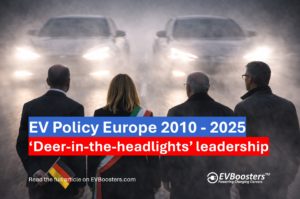
EV Policy Europe 2010 – 2025: Why the ‘deer in the headlights’ strategy puts its Automotive future at risk
The European Commission’s 16 December announcement to ease the 2035 CO₂ reduction targets marks a pivotal moment for Europe’s automotive sector. After more than a decade in which the industry

